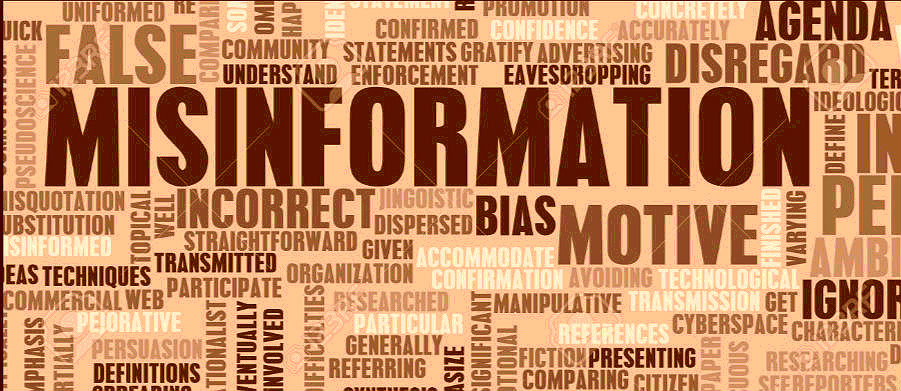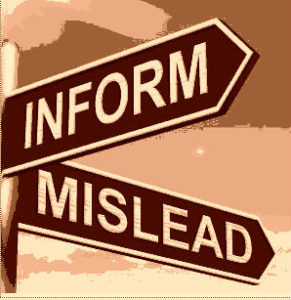
Generally available information on political candidates and ballot measures is so full of fluff and error that it is useless and insulting.
To defend this statement we will use a fictitious example in which an employment (HR) manager uses the low standards for political information in making a hiring decision. Imagine an HR manager at a company at a large manufacturing company who needs to hire a new chief operations officer who will oversee millions in spending and the well-being of hundreds of employees. This HR manager has several candidates, but hires one based only on the prospective employee’s:
- Job objective statement on their resume
- Statements from the candidate about his great achievements
- Stockbroker and personal trainer who say he’s a great guy.
- Endorsement from an agenda-driven business journal that wrote a positive article about him (by the way, the candidate’s prior employer advertised in the business journal)
- Signs around town saying he’s the greatest chief operations officer ever.
 Again, this HR manager didn’t ask questions of the candidate, but simply depended on the items listed above to make this important hiring decision. This sort of hiring process is obviously a joke. No HR manager would last five minutes with such a mindless and sloppy process. However this is the process used when most voters hire a politician for serious duties with millions of dollars in the balance and the well-being of thousands of citizens.
Again, this HR manager didn’t ask questions of the candidate, but simply depended on the items listed above to make this important hiring decision. This sort of hiring process is obviously a joke. No HR manager would last five minutes with such a mindless and sloppy process. However this is the process used when most voters hire a politician for serious duties with millions of dollars in the balance and the well-being of thousands of citizens.
How does this HR hiring example compare to how a politician is hired? Consider:
- Job objective statement on their resume = Ballot statement for the candidate.
- Statements from the candidate about his great achievements = Politician’s stump speeches and website.
- Stockbroker and personal trainer who say he’s a great guy = Endorsement by special interest entities.
- Endorsement from an agenda-driven business journal that wrote a positive article about him (and by the way the candidate’s prior employer advertised in the business journal) = Endorsements of politicians by local newspapers.
- Signs around town saying he is the chief operations officer ever = Typical political signage.
We know most voters will understandably be influenced by the political party of a candidate. Many voters are also influenced by a few specious things like looks, gender, or even ethnicity. But beyond these factors the useless information listed above influences many voters. It really is that bad, and we have to assume any thinking citizen would avoid participating in this process which favors manipulative politicians and special interests.
Unfortunately this situation continues because most voters don’t take the time to do their own research and become informed about the candidates and the issues. This makes them very susceptible to sound-bite advertising, signage, endorsements and other forms of what is essentially propaganda. To help alleviate this problem at a local level, ClarkCounty.info has designed and built a political candidate evaluation process and presentation matrix. The key design objectives were to be comprehensive, relevant, and usable. We recognize that any candidate evaluation is subject to the bias of the evaluation team, so we designed a data collection and evaluation process that identified and minimized our team member’s particular biases. Go to Candidate Evaluation Matrix.
 We idealistically long for a time when our citizens will seek credible sources for information, which is then critically collected and weighed. These informed citizens would create a culture in which today’s propaganda paradigm would be considered archaic and an anathema. If this happened, the world would be changed for the better.
We idealistically long for a time when our citizens will seek credible sources for information, which is then critically collected and weighed. These informed citizens would create a culture in which today’s propaganda paradigm would be considered archaic and an anathema. If this happened, the world would be changed for the better.
Background on the uselessness of most political information provided to voters
- Ballot statements in the County voter’s guide – as these statements are often not aligned with what the candidate really thinks or can deliver.
- Entities endorsing – with their known and unknown agendas and bias.
- Columbian newspaper telling citizens for whom to vote and Columbian political misinformation in general.
- Political signage – the speciousness of ‘name recognition’.
